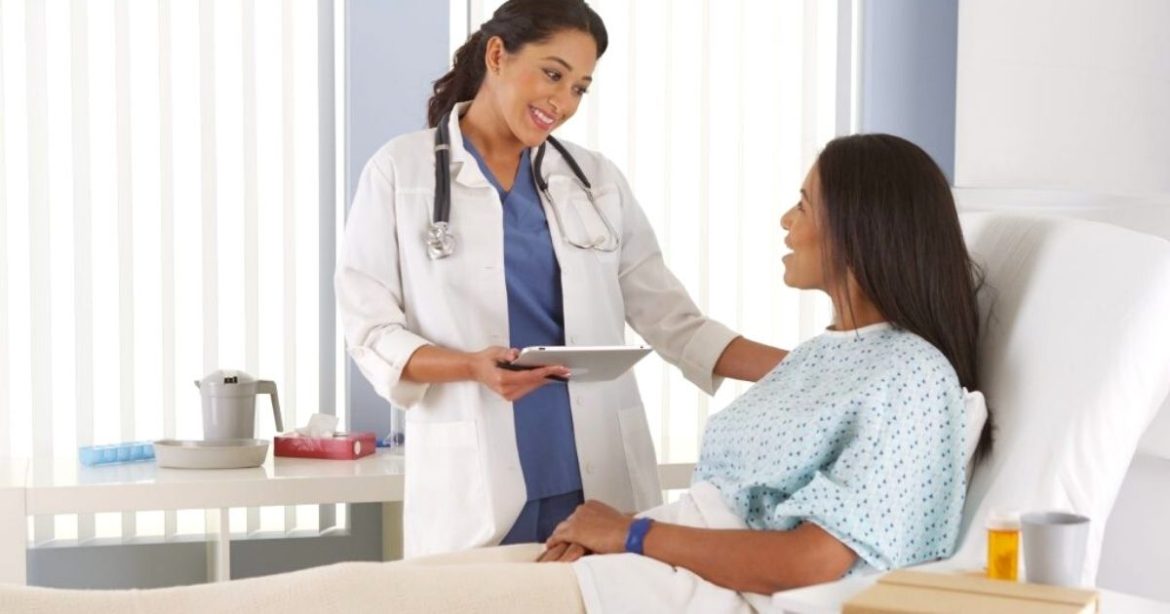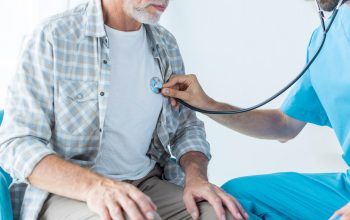What Happens At Gynaecologist Visits At Every Stage Of Life?
Women of all ages, from teenagers to elders, require an annual appointment with their GYN. Women’s annual gynaecologist appointments alter as they age, just as their healthcare demands do. We will cover a range of subjects throughout a woman’s life, from contraception through menopause.
Your general health is examined during your GYN visit in addition to your reproductive organs. This annual examination may identify diabetes or high blood pressure early on, allowing you to begin treatment.
Here is a list of what to expect during your upcoming OB/GYN yearly checkup.
The formative years: Aged 15 to 21
Table of Contents
Around the age of 15, we advise young women to begin yearly doctor visits. Parents may not always see the need for it, and a young woman may occasionally experience anxiety. But a young lady must use these years to get at ease with the best gynaecologist in Gurgaon, they can rely on.
Between the ages of 15 and 21, the yearly appointment consists more of a talk than an examination. A pelvic exam is typically not required, but we genuinely want to get to know our patients.
We will examine sexually transmitted diseases and contraception with young ladies in this age bracket (STIs). No matter if the patient engages in sexual activity or not. It’s critical to provide young women with the information they need to safeguard themselves from illness and unintended pregnancies.
Family staging: Aged 22 to 44
The yearly exam starts to include a bust exam, an abdominal exam, and a pelvic exam at this point in life. We’ll look for anomalies like lumps or sore spots while also discussing your worries with you.
We’ll evaluate your body mass index and blood pressure at the annual checkup (BMI). To lower your risk of developing Type 2 diabetes and cancers in the future, we’ll also discuss your family’s medical history, nutrition, exercise, and weight control.
Most of the people in this age bracket who I see are interested in getting pregnant or preventing pregnancies. Our best gynaecologist will discuss contraception alternatives, fertility possibilities, preconception counselling, and what would work best for them in their particular situation at the yearly appointment.
It is advised that women start getting tested for the human papillomavirus at age 30. (HPV). This age range is prone to HPV, which frequently exhibits no signs.
If left untreated, some HPV strains can result in oral and neck cancer, genital warts, and cervical cancer. Many women in their 30s have not had the HPV vaccine as children, even though it is now available and kids should start getting it at a younger age, usually around age nine.
The HPV test can be conducted simultaneously with the Pap test and using the same sample. As long as the Pap test is normal and HPV is not present, the test can be performed every three to five years following current recommendations. The top gynaecologist in Gurgaon will decide how frequently the patient needs to return for testing if the Pap test reveals any abnormalities.
A menstrual cycle, or period, is common in women of this age, and many also experience ovarian cyst development, which comes and goes along with periods. During your pelvic exam, if we detect a cyst or lump in your abdomen, we can perform an ultrasound to identify it. An abdominal ultrasound can be performed externally or transvaginally (inside the body).
Menopausal starts: Ages 45 to 54
Menopause typically occurs between 50 and 52 years old. Many women are experiencing very irregular or heavy periods at this stage of their lives. They could be experiencing normal menopause symptoms including night sweats, mood swings, and hot flashes as a result of shifting hormone levels.
At your annual checkup, we’ll go over every one of those concerns and decide the best course of action. These symptoms can be well treated in a variety of ways, including:
- Lifestyle Changes(diet and exercise)
- Medication
- Hormonal Therapy
Alternative, supplemental methods include acupuncture and meditation
Most women should start getting frequent screenings at this age for a variety of other potential problems. Mammograms, bone density scans, and colonoscopies are a few tests that can help women maintain a clear health record.
Read More: Top 7 Weight Loss Strategies You Need To Try Today
55 years and older
Women frequently experience more problems with hormonal changes in this age range. We talk about the remedies for these problems, including therapy, if necessary, because diminished sexual desire and vaginal dryness frequently cause worries.
The vulva, or the exterior of the vagina, is a topic of increased concern as a woman approaches her 60s and 70s. Symptoms of ageing changes can be uncomfortable or grating. Lichen sclerosis is one such illness that results in skin abnormalities linked to decreased oestrogen production. To treat and manage skin disorders and perhaps find early-stage cancer, the vulva should get a thorough examination at each yearly appointment, especially after the age of 55.
It is always advised to visit your nearest gynaecologist for any serious issues. Our convenient way to manage health care is always on the top whenever any women need it. Make your appointment and pre-visit your doctor for early treatment.




